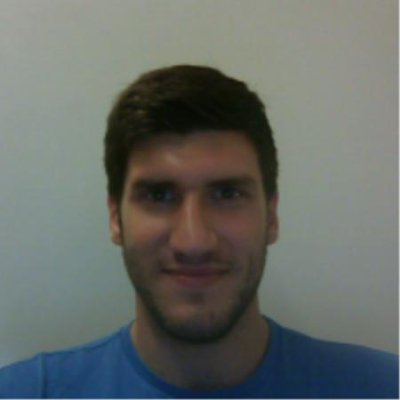|
Wednesday March 08, 12pm-1pm, 1116-E Klaus
Polyadic Regression and its Application to ChemogenomicsIoakeim (Kimis) Perros
Advisor: Prof. Jimeng Sun
|
 |
ABSTRACT
We study the problem of Polyadic Prediction, where the input consists of an ordered tuple of objects, and the goal is to predict a measurement associated with them. Many tasks can be naturally framed as Polyadic Prediction problems. In drug discovery, for instance, it is important to estimate the treatment effect of a drug on various tissue-specific diseases, as it is expressed over the available genes. Thus, we essentially predict the expression value measurements for several (drug, gene, tissue) triads. To tackle Polyadic Prediction problems, we propose a general framework, called Polyadic Regression, predicting measurements associated with multiple objects. Our framework is inductive, in the sense of enabling predictions for new objects, unseen during training. Our model is expressive, exploring high-order, polyadic interactions in an efficient manner. An alternating Proximal Gradient Descent procedure is proposed to fit our model. We perform an extensive evaluation using real-world chemogenomics data, where we illustrate the superior performance of Polyadic Regression over the prior art. Our method achieves an increase of 0.06 and 0.1 in Spearman correlation between the predicted and the actual measurement vectors, for predicting missing polyadic data and predicting polyadic data for new drugs, respectively.
BIO
Ioakeim (Kimis) Perros (http://www.cc.gatech.edu/~iperros3) earned the Diploma and M. Sc. degrees in Electronic & Computer Engineering from the Technical University of Crete, Greece, in 2012 and 2014 respectively. He is currently with the SunLab group, working as a Research Assistant and pursuing a Ph.D. degree in Computational Science & Engineering from the Georgia Institute of Technology. He has also interned at the Health Informatics Division of Weill Cornell Medicine. His general research interests span the areas of Data Mining, Machine Learning and Healthcare Analytics. His current research focus is on developing tensor methods for computational medicine.
